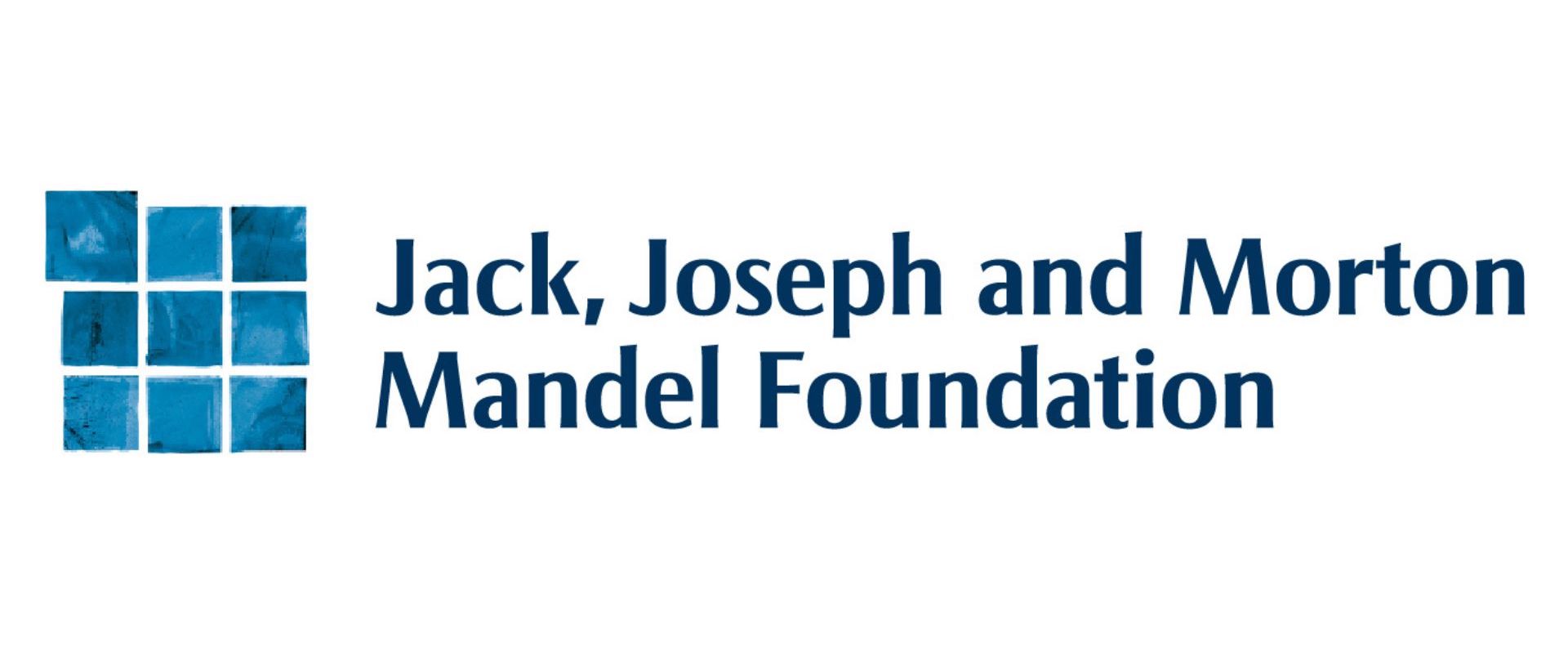
The Big Blur
An argument for erasing the boundaries between high school, college, and careers, and creating one new system that works for everyone. The Problem It’s time to give up tinkering and instead take on a radical…
In the Humanities to Career initiative, JFF is evaluating efforts at three community colleges to identify effective ways to help humanities and liberal arts students develop in-demand professional skills.
Over the past few years, education and workforce organizations have flooded the ether with this message to would-be community college students: “If you want a good job, get technical skills.” I’ve given that advice myself.
Despite the fact that many learners are attracted to the humanities and liberal arts, in our work with postsecondary systems and institutions, we’ve observed that community college students—particularly those from low-income backgrounds—are often advised to avoid those subjects in favor of STEM-related courses like information technology, health care, and engineering. The reason is clear: Unless students have had explicit career preparation and acquired recognized credentials, two-year associate’s degrees in the humanities and/or liberal arts (HLA) don’t offer much more labor market value than a high school diploma.1
Recognizing that, most community colleges simply assume that HLA students will transfer to four-year programs; they don’t have a Plan B. And HLA majors make up a large group of the nearly 40% of college students who never complete four-year degrees.2 Many of these students are people of color and/or individuals from low-income backgrounds, raising serious concerns about whether their degrees are the engines of equitable economic advancement they are intended to be.3
Jack, Joseph and Morton Mandel Foundation


An argument for erasing the boundaries between high school, college, and careers, and creating one new system that works for everyone. The Problem It’s time to give up tinkering and instead take on a radical…

Our national movement transforms how U.S. education and workforce systems prepare young people for meaningful careers. With over a decade of leadership in the pathways movement, we bring incomparable expertise, collaboration, and a relentless curiosity…

Profiles of four community college dual enrollment programs that JFF considers early prototypes of the hybrid high-school-college institutions that are key elements of our “Big Blur” model of postsecondary learning. The Evolving Promise of Dual…